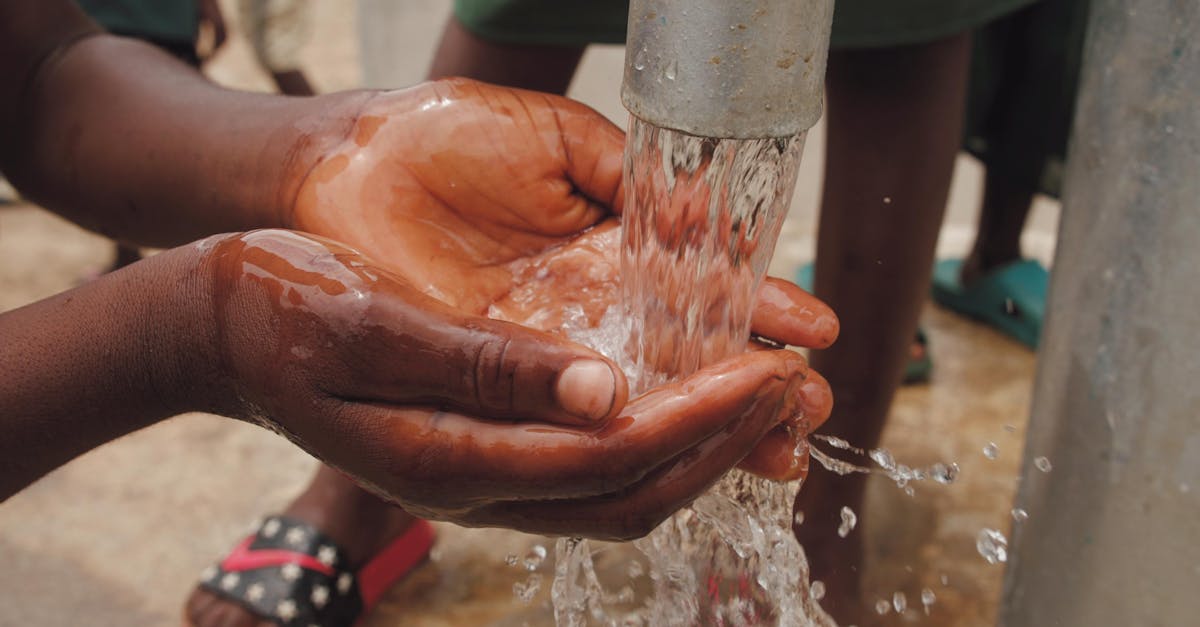The Importance of Hydration How Much Water You Need
Introduction
Our bodies are approximately 60% water, a testament to the significant role it plays in maintaining health. Hydration impacts everything from physical performance to cognitive function, emphasizing its importance. But how much water does one actually need to drink? Let's delve into the essentials of staying hydrated.
Advertisement
What is Hydration?
Hydration refers to the process of supplying adequate fluids to the body to maintain its functionality. Every cell and organ relies on water, serving as a medium for vital biochemical reactions. When hydration levels drop, it can impede these processes, affecting both physical and mental performance.
Advertisement
Why is Hydration Important?
Water is crucial for regulating body temperature, lubricating joints, and transporting nutrients and oxygen to cells. It aids in digestion and helps flush out waste. Additionally, adequate hydration prevents dehydration, a condition that can lead to more severe health issues if left unaddressed.
Advertisement
Determining Your Water Needs
The amount of water a person needs can vary based on several factors. Typically, it's advised to consume around eight 8-ounce glasses of water per day. However, individual needs may differ based on age, weight, climate, and level of physical activity. It is essential to tailor your water consumption according to these variables.
Advertisement
Signs of Dehydration
Dehydration can lead to a series of unpleasant symptoms, including fatigue, headache, dizziness, and dry skin. Severe dehydration may result in rapid heart rate, sunken eyes, and confusion. Staying attuned to these signs can help ensure timely remedial action to restore hydration levels.
Advertisement
The Role of Electrolytes
Electrolytes like sodium, potassium, and magnesium are crucial in maintaining fluid balance in the body. During prolonged physical activities or illness, simply drinking water might not suffice. Consuming beverages with electrolytes can help replenish lost minerals and maintain proper hydration.
Advertisement
Hydration and Physical Performance
Being well-hydrated is key to optimizing physical performance. Even mild dehydration can greatly impact endurance, strength, and coordination. For athletes and active individuals, maintaining fluid balance is vital to avoid fatigue and muscle cramps that can hinder exercise routines.
Advertisement
Impact of Hydration on Mental Health
Adequate hydration supports cognitive functions such as concentration, alertness, and short-term memory. Dehydration can impede mental performance, causing difficulty in focus and increased feelings of anxiety. Emphasizing the need for water can thus contribute positively to mental well-being.
Advertisement
Tips for Staying Hydrated
Incorporating hydration into daily routines can be effortlessly achieved by carrying a water bottle, setting reminders, or eating hydrating foods like fruits and vegetables. Monitoring the color of urine can also serve as a simple indicator; pale yellow suggests proper hydration.
Advertisement
Conclusion
In summary, understanding the vital connection between hydration and overall health is essential. Tailoring water intake based on personal needs can enhance both physical and mental aspects of life. Embrace these strategies and keep dehydration at bay by making informed hydration choices daily.
Advertisement


